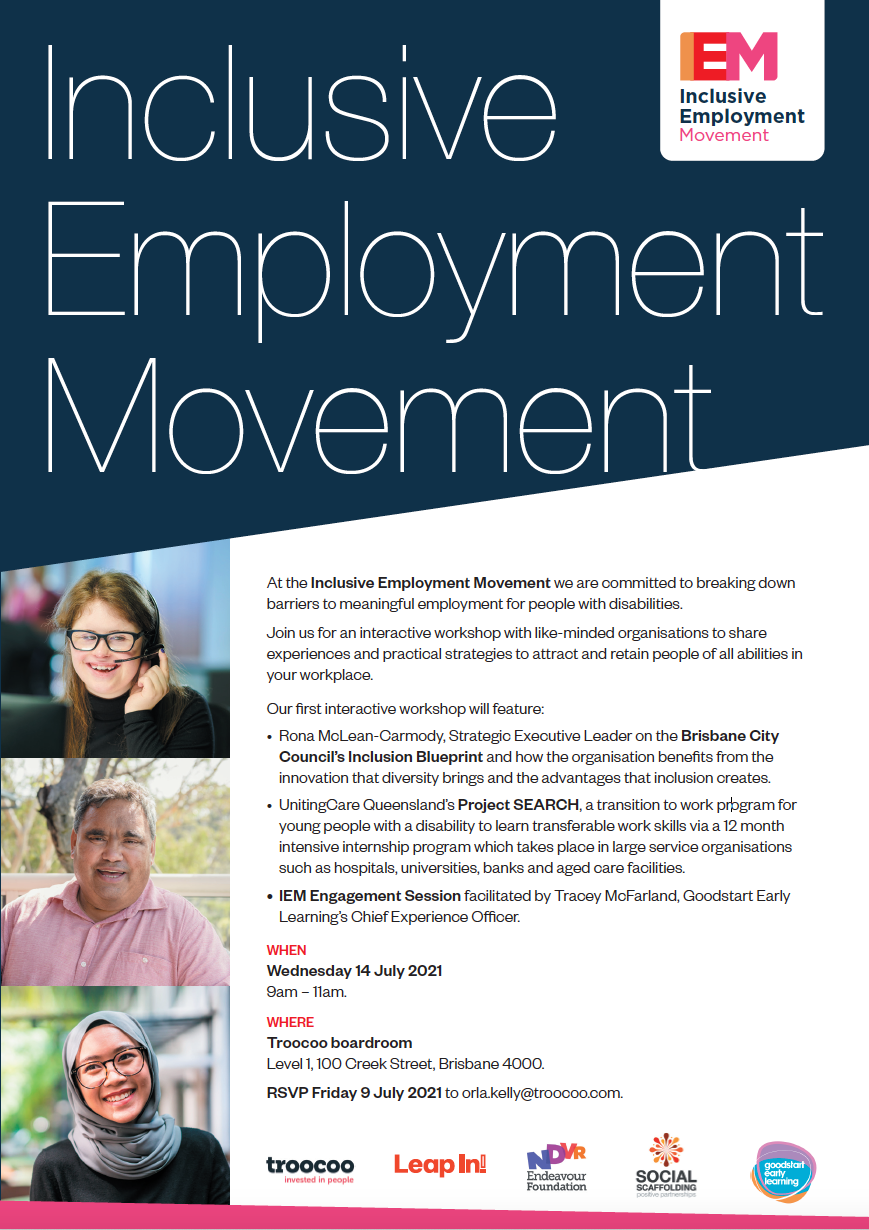Expanding Opportunities for Young Nigerians Through Strategic Partnerships
Jobberman Nigeria, in collaboration with the Mastercard Foundation, has made significant strides in empowering young people across the country. Since 2020, the partnership has trained over 2.4 million young Nigerians and facilitated more than 600,000 job placements. This initiative is part of the broader Young Africa Works strategy, spearheaded by The African Talent Company, which is the parent organization of Jobberman. The goal is to create inclusive employment opportunities that reach even the most underserved communities.
The program focuses on connecting Nigeria’s youth, especially those from marginalized backgrounds, with dignified and sustainable work. By employing a data-driven, community-based model and low-bandwidth digital solutions, the initiative ensures that individuals aged 18 to 35, particularly those in disadvantaged areas, have access to the tools and training necessary to enter the labor market successfully.
Tolong support kita ya,
Cukup klik ini aja: https://indonesiacrowd.com/support-bonus/
Addressing Structural and Digital Barriers
In its ongoing efforts to promote inclusive employment, Jobberman recently organized the Technology and Employment Inclusion in Marginalised Contexts Roundtable in Abuja. This event brought together policymakers, civil society groups, tech platforms, and private sector leaders to discuss and address the structural and digital barriers preventing marginalized groups from securing employment. These groups include women in disadvantaged communities, persons with disabilities, and internally displaced persons.
Hilda Kabushenga, CEO of The African Talent Company, emphasized the importance of technology as a tool for inclusion. “Technology can and must be a force for inclusion, not division,” she said. “As the world of work evolves, we must ensure that no one is left behind. These conversations are about equity, access, and opportunity.”
During the roundtable, Jobberman launched a new report titled ‘Technology and Employment Inclusion in Marginalised Contexts.’ The findings revealed that 72% of employers in Nigeria make no effort toward inclusive hiring, despite the growing potential of digital tools to bridge employment gaps. However, the report also highlighted positive trends: 55% of people with disabilities (PWDs) and 44% of displaced women had secured some form of work, primarily through self-employment in creative media and agriculture sectors.
A Commitment to Inclusive Employment
Rosy Fynn, Country Director of the Mastercard Foundation Nigeria, stressed the importance of centering marginalised groups in employment strategies. “Inclusion is not a side conversation; it is the main agenda,” she said. “We must design systems where marginalised groups are not just considered but centred.”
The policy briefs and programme recommendations from the roundtable will contribute to the Young Africa Works learning agenda, guiding future employer training, platform development, and inclusive employment strategies. This approach ensures that the lessons learned from these initiatives are applied effectively in the long term.
Expanding Across the Continent
Building on five years of successful collaboration in Nigeria, Jobberman and the Mastercard Foundation are now extending their initiative across the continent. Similar activities are already underway in BrighterMonday Kenya and BrighterMonday Uganda, both under the umbrella of The African Talent Company.
In Kampala, BrighterMonday Uganda recently hosted a Career Clinic themed ‘Skills for Today: Empowering Uganda’s Youth to Take Control of Their Future.’ The event brought together government and private sector leaders to provide CV reviews, coaching, and digital skills training for young job seekers.
Kabushenga reiterated the commitment to ensuring every young African has the opportunity to earn a dignified livelihood. “The partnership in Nigeria has laid a strong foundation, but the real work has just begun,” she said.
Axel Konjack, Head of Global Marketplaces and member of the Ringier Group Executive Board, echoed this sentiment. “Africa is home to the world’s youngest and fastest-growing workforce. That presents both an incredible opportunity and a responsibility. If we want to build a truly inclusive global economy, we must invest in equipping young Africans with the skills, tools, and access they need to thrive.”







